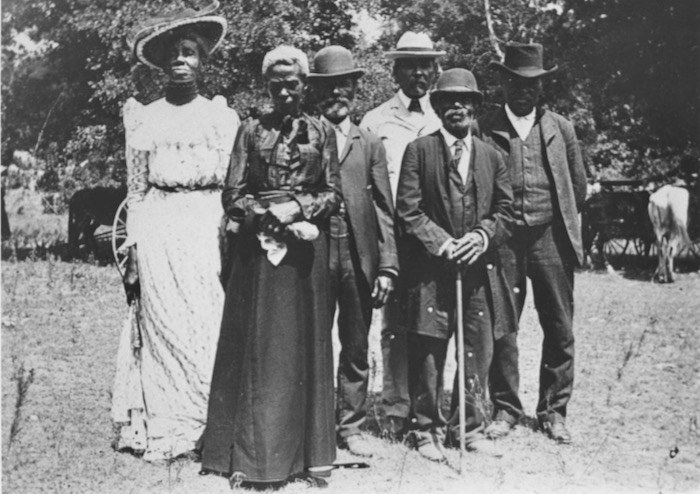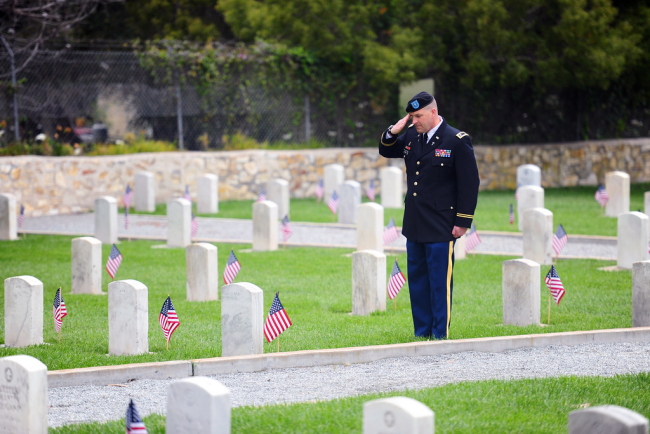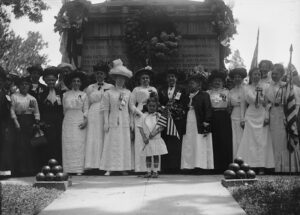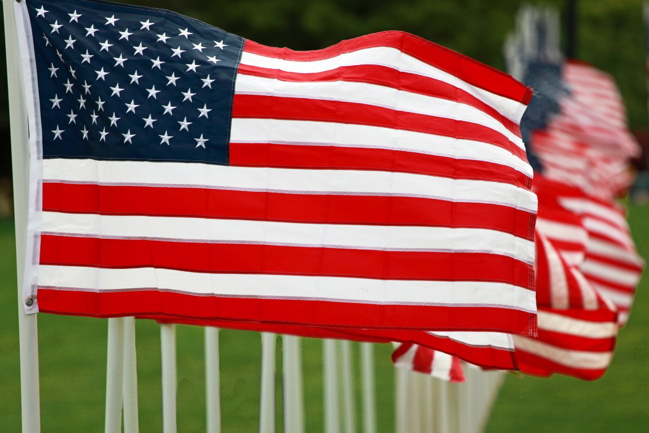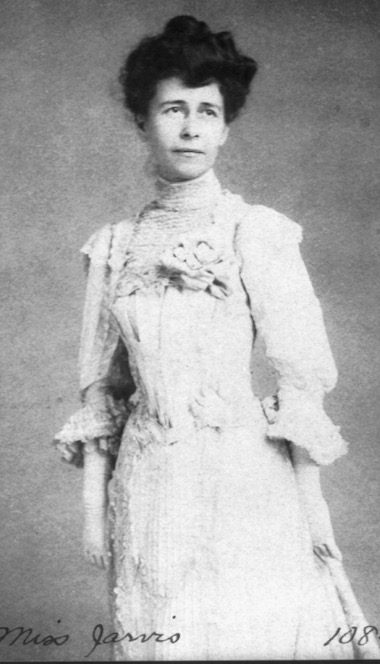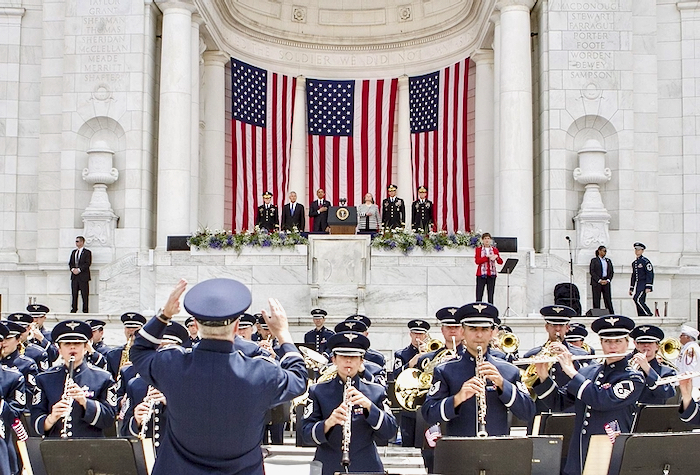
The U.S. Air Force Band plays the national anthem during a Memorial Day ceremony at the Memorial Amphitheater at Arlington National Cemetery in Arlington, Va. (U.S. Army photo by Staff Sgt. Sean K. Harp/Released)
MONDAY, MAY 29: Hometown parades, ceremonies for fallen soldiers and the smell of barbecues firing up across the country: It’s Memorial Day!
The unofficial start of summer in America began, less than two centuries ago, as a solemn observance for the war that had consumed more lives than any other U.S. conflict. While memorial services still abound, the national holiday also means picnics, beaches, fireworks and, of course, travel, as Americans enjoy a three-day weekend.
2023 travel update: AAA’s travel forecast for 2023 says that 42.3 million Americans will hit the road over the holiday weekend.
Scroll down in this story to read our best holiday tips. However, before we list those links, let’s celebrate a tireless historian who helped Americans recover our history of this more-than-150-year-old observance.
A PULITZER FOR THE HOLIDAY’S HISTORIAN
Memorial Day began as an annual, grassroots practice of sprucing up the gravesites of the countless Americans who died during the Civil War. That’s why, for many years, the observance was called Decoration Day, describing the flowers and colorful flags that seemed to sprout across cemeteries each spring.
For much of the 20th Century, however, the painful early roots of this observance were forgotten as proud civic boosters across the country tried to claim their own unique slices of this history. Then, Yale historian David W. Blight researched and corrected the record, finally honoring the fact that the courageous pioneers in observing this holiday were former slaves in the South who dared to decorate Yankee graves. In his history, Race and Reconciliation, Blight writes: “Decoration Day, and the many ways in which it is observed, shaped Civl War memory as much as any other cultural ritual.”
Blight continued to research race and American memory in that era and, this spring, he has been honored with the 2019 Pulitzer Prize in history for his in-depth biography, Frederick Douglass: Prophet of Freedom.
MEMORIAL DAY and CIVIL RELIGION
The famed sociologist of American religion, Robert Bellah, also shaped the evolution of Memorial Day’s meaning in a landmark article he published in a 1967 issue of Dædalus, the Journal of the American Academy of Arts and Sciences. He called his long article “Civil Religion in America,” taking the centuries-old concept of “civil religion” and kicked off decades of fresh research into how our civil religion defines our American culture. You can read Bellah’s entire original article online.
A few lines from Bellah’s article about Memorial Day …
Until the Civil War, the American civil religion focused above all on the event of the Revolution, which was seen as the final act of the Exodus from the old lands across the waters. The Declaration of Independence and the Constitution were the sacred scriptures and Washington the divinely appointed Moses who led his people out of the hands of tyranny.
Then—The Civil War raised the deepest questions of national meaning. The man who not only formulated but in his own person embodied its meaning for Americans was Abraham Lincoln. For him the issue was not in the first instance slavery but “whether that nation, or any nation so conceived, and so dedicated, can long endure.” … With the Civil War, a new theme of death, sacrifice, and rebirth enters the new civil religion. It is symbolized in the life and death of Lincoln. Nowhere is it stated more vividly than in the Gettysburg Address, itself part of the Lincolnian “New Testament” among the civil scriptures.
WANT SOME HOLIDAY IDEAS?
This year, Kara Zauberman, the editor of The Food Network’s Pioneer Woman website compiled “75 Best Memorial Day Recipes for a Memorable Cookout.”
Over at Taste of Home magazine, associate editor Lesley Balla upped the ante with “80 Best Memorial Day Recipes.”
There’s a similar competition for lists of best family activities for the weekend.
Better Homes & Gardens has “12 Things to Do for Memorial Day Weekend with Family and Friends”
Good Housekeeping has “20 Special Memorial Day Activities Your Family Can Do Together”
Country Living has “23 Best Things to Do on Memorial Day Weekend 2023”
Total them up and that’s more than 200 ideas!
